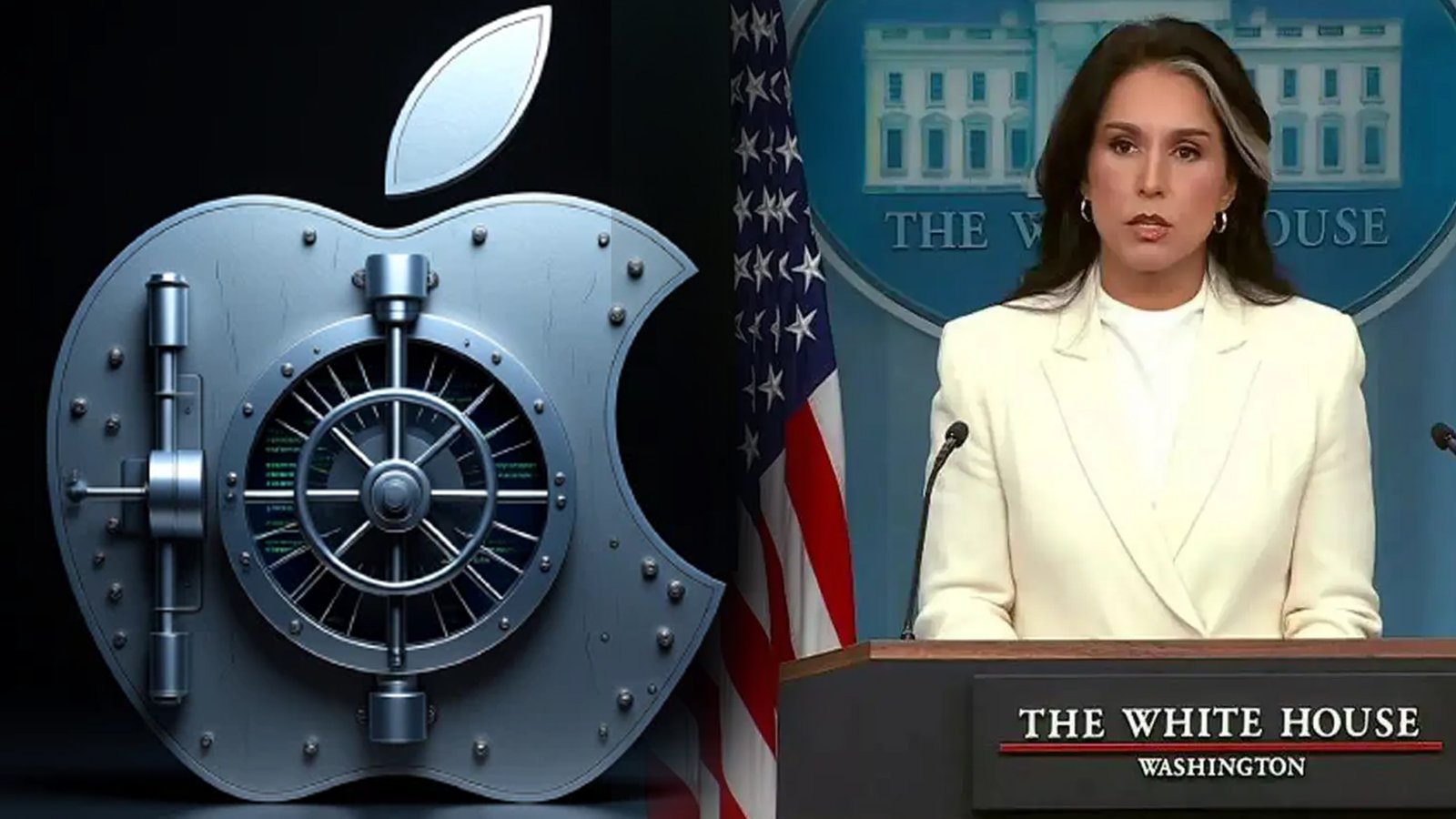In a major development for global data privacy and cybersecurity, U.S. Director of National Intelligence Tulsi Gabbard announced that the UK has agreed to withdraw its controversial order demanding Apple create a "backdoor" into its encrypted devices and services.
Gabbard, in a statement on X (formerly known as Twitter), said she had worked for months alongside U.S. President Donald Trump and Vice President JD Vance to reach the agreement with Britain. The backdoor mandate, first issued under the UK’s Investigatory Powers Act, would have required Apple to weaken encryption for iPhone, iCloud, and Mac users — a move U.S. lawmakers and privacy advocates warned could be exploited by hackers, cybercriminals, and authoritarian regimes.
Apple’s Response and Privacy Commitment
Apple has consistently refused to build any form of "master key" or backdoor access into its products, stressing that Advanced Data Protection (ADP) ensures only users can access their data. In February, Apple withdrew ADP for UK users in protest against the mandate and initiated legal action before the Investigatory Powers Tribunal, set to be heard in early 2026.
The company reaffirmed its stance, “We have never built a backdoor into any of our devices or services — and we never will.”
The reversal is seen as a major victory for digital rights, end-to-end encryption, and online privacy. Experts say forcing companies like Apple to compromise their security would set a dangerous precedent, undermining cybersecurity, online banking, messaging apps, and sensitive communications worldwide.
The UK government has not formally confirmed details but emphasized its long-standing intelligence cooperation with the U.S. in tackling terrorism, child exploitation, and cyber threats. However, secrecy around such notices means it’s unclear whether other tech companies like WhatsApp or Meta have faced similar demands.
For now, Apple users can expect the return of Advanced Data Protection in the UK, reinforcing Apple’s commitment to end-to-end encryption, data security, and user privacy. Analysts suggest this outcome strengthens Apple’s global image as a privacy-first brand while highlighting growing tensions between government surveillance and individual digital freedoms.






